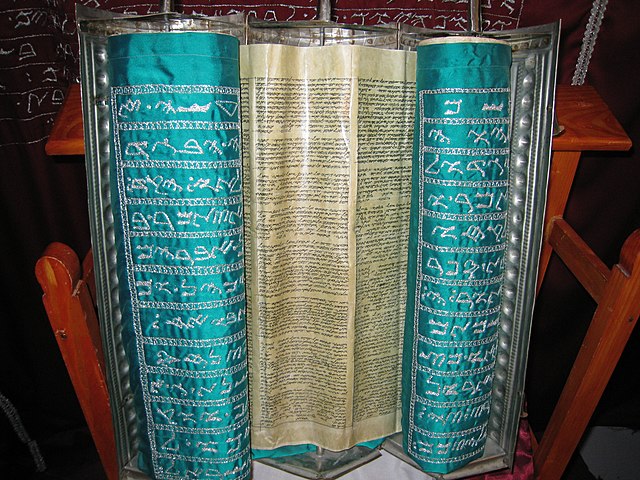Shechem, also spelled Sichem was an ancient city in the southern Levant. Mentioned as a Canaanite city in the Amarna Letters, it later appears in the Hebrew Bible as the first capital of the Kingdom of Israel following the split of the United Monarchy. According to Joshua 21:20–21, it was located in the tribal territorial allotment of the tribe of Ephraim. Shechem declined after the fall of the northern Kingdom of Israel. The city later regained its importance as a prominent Samaritan center during the Hellenistic period.
Archaeological site of Tell Balata, identified with ancient Shechem
Amarna letter EA 252. Letter from Labayu (ruler of Shechem) to the Egyptian Pharaoh Amenhotep III or his son Akhenaten. 14th century BCE. From Tell el-Amarna, Egypt. British Museum
The Sebek-khu Stele, dated to the reign of Senusret III (reign: 1878–1839 BCE), records the earliest known Egyptian military campaign in the Levant. The text reads "Then Sekmem fell, together with the wretched Retenu", where Sekmem (s-k-m-m) is thought to be Shechem, and the "Retunu" or "Retjenu" a people of the Levant.
Shechem in 2013
Samaritan Hebrew is a reading tradition used liturgically by the Samaritans for reading the Ancient Hebrew language of the Samaritan Pentateuch, in contrast to Tiberian Hebrew among the Jewish people.
Detail of the Nabul Samaritan Pentateuch in Samaritan Hebrew
Samaritan Mezuzah, Mount Gerizim
Samaritan Torah Scroll







